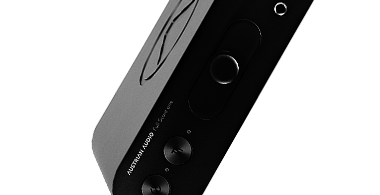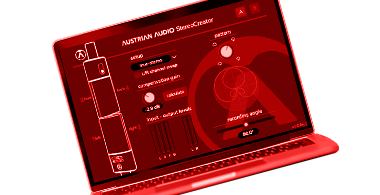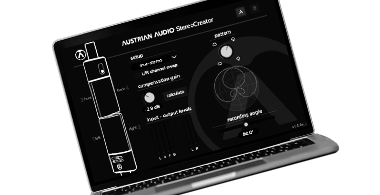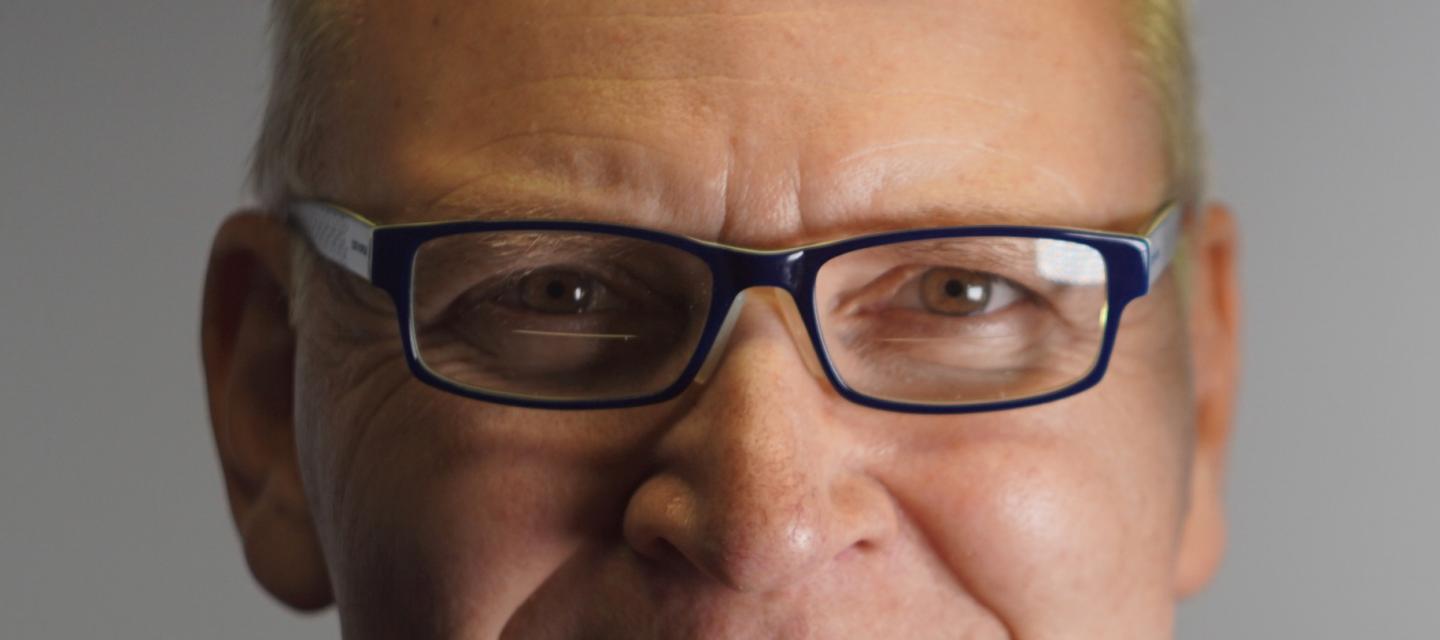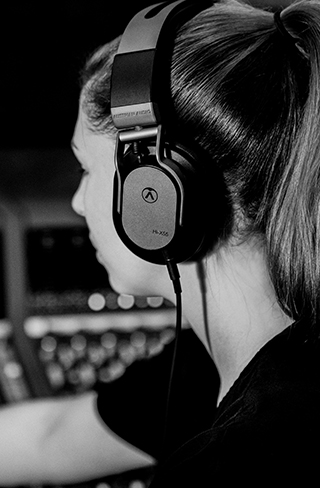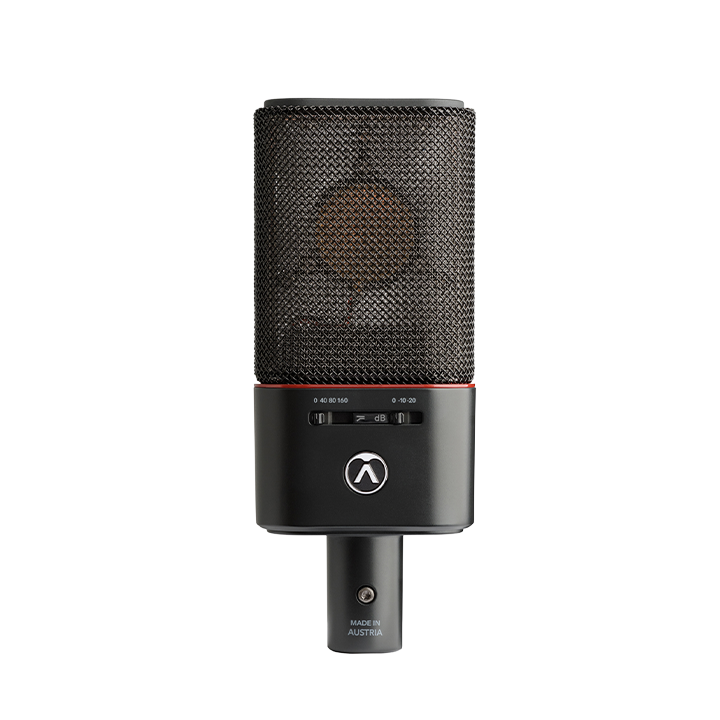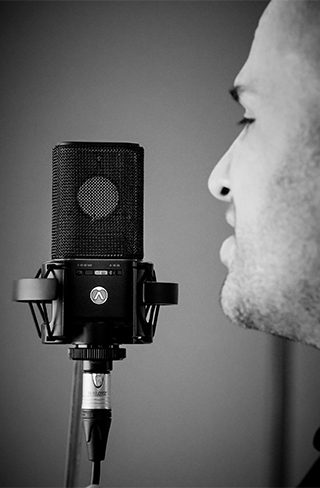“What is it exactly that you do?” “Funny voices?”
“Do you get paid for that?”
I get these questions all the time when I tell people I am a professional voice over.
“A voice WHAT?”
My neighbor told me:
“I understand the voice part. But why the OVER? Are you talking over people? That’s annoying!”
Sometimes, I get a bit tired explaining the obvious, but then I realize it’s only obvious to me. I think that voice overs (VO’s, in short) can and must do a better job explaining their craft if they want to be taken more seriously.
So, what’s the problem? Why don’t people get what voice overs do? I mean, you hear guys like me all the time.
I am the disembodied voice that greets you when you’re being put on hold, I read audio books to you while you work out, and I teach new skills via eLearning programs. I bring speaking toys to life, and tell you when it’s time to get off the bus or subway.
Any time you use your GPS, or ask Siri or Alexa a question, a voice based on a real human being shows you the way. Without voice overs, all of us would be terribly lost.
Just imagine video games that make more money than Hollywood blockbusters, with no voice actors. How about cartoons, documentaries, commercials, or corporate videos?
Without realizing it, you and I hear hundreds of VO’s every day, yet the people behind these voices get little or no credit. Again, why is that?
Let me help you understand.
Unlike their highly visible on-stage and on-screen colleagues, most voice actors operate in the darkness and anonymity of their tiny home studios. On-screen actors win Oscars, Golden Globes, and Emmys. Voice actors receive awards the rest of the world has never even heard of and doesn’t care about.
“I have won an AUDIE, you know!” said a proud audio book narrator.
“How do you like that car?’ was the next question.
In case you don’t know, an “Audie” is the name of an award given to exceptional audio book narrators.
Voice overs.
Undervalued, misunderstood, and unappreciated.
After all, it’s only talking. Anyone can do it.
Really? Can just about anyone become a voice actor?
Many are called, but only a few are chosen.
You don’t have to have an encyclopedic knowledge of music to realize that it takes years and years of training to become an opera singer. People also understand that very few opera singers eventually end up on stage at the MET or La Scala.
Even though there are no conservatories for voiceoverists, many of us have honed our craft for years through private coaching, acting, and improv classes. Even then it may take years before we are able to make a living, talking into a microphone.
Doing the work gets easier. Finding the work gets harder every year.
Being a VO Pro means auditioning day in, day out, and being rejected nine out of ten times (if you’re any good). Plus, you’ll never know why they didn’t pick you. Usually, it’s because they could get someone cheaper.
Speaking of money, becoming a voice over is expensive! Just like professional musicians invest in professional instruments, voice overs invest thousands of dollars in acoustically treated home studios, special software, and top of the line recording equipment.
I, for instance, wouldn’t be able to do my work without my trusted Austrian Audio OC18 mic, and Hi-X55 headphones.
And even knowing all of the above, some people still don’t get that what I do is an actual profession.
So, I finally came up with a new way of explaining what it is I do for a living. I now tell people:
“I am a vocal facilitator. I do public speaking without a public.”
Since most folks are more afraid of speaking in public than of dying, it gets across that what I do is difficult, and can’t be done by any Tom, Dick, or Harriet.
What makes it especially challenging, is that most of the time VO’s are talking into a void. We’re literally talking to ourselves, pretending to speak to an invisible audience or individual listener. We have no fellow-actors to play off of.
Because of cost-cutting clients, we end up self-directing and self-engineering. The only feedback we’ll often get, is a check in the mail. If you happen to be an extroverted social butterfly, this job is definitely not for you.
Life as a voice over pro is as unglamorous as it gets. So, why on earth am I still doing it, you may ask?
One thing I can wholeheartedly say, is that I do what I love, and that I love what I do for a living.
I get to whisper in people’s ears, being even closer than their closest friends. I get to teach people useful skills, and give them new insights and understanding.
I get to promote some really innovative products that are good for our planet. I get to entertain millions of people as they listen to some of the books I have narrated.
And for all that, I even get paid!
What’s more, I have the freedom to set my own hours, and choose with whom I want to work. I work from home, so it’s easy to commute, quarantine, and stay as safe as possible.
But what I perhaps like best, is the ability to create a “theater of the mind.”
My voice tickles people’s imagination, and takes them places they have never been before. I help them see medieval cathedrals, ancient Rome, tropical islands, and roaring rivers.
I make them meet new characters, and help them experience unfamiliar emotions. I give them hope for healing, and courage to repair what’s broken.
And I do all of that, while being completely invisible.
It’s as close to having a superpower as one can get!
Paul Strikwerda is a Dutch voice over pro, coach, and author. His weekly blog is one of the most widely read and influential blogs in the VO-industry. Paul lives and works in the USA. You can find him online at nethervoice.com.





